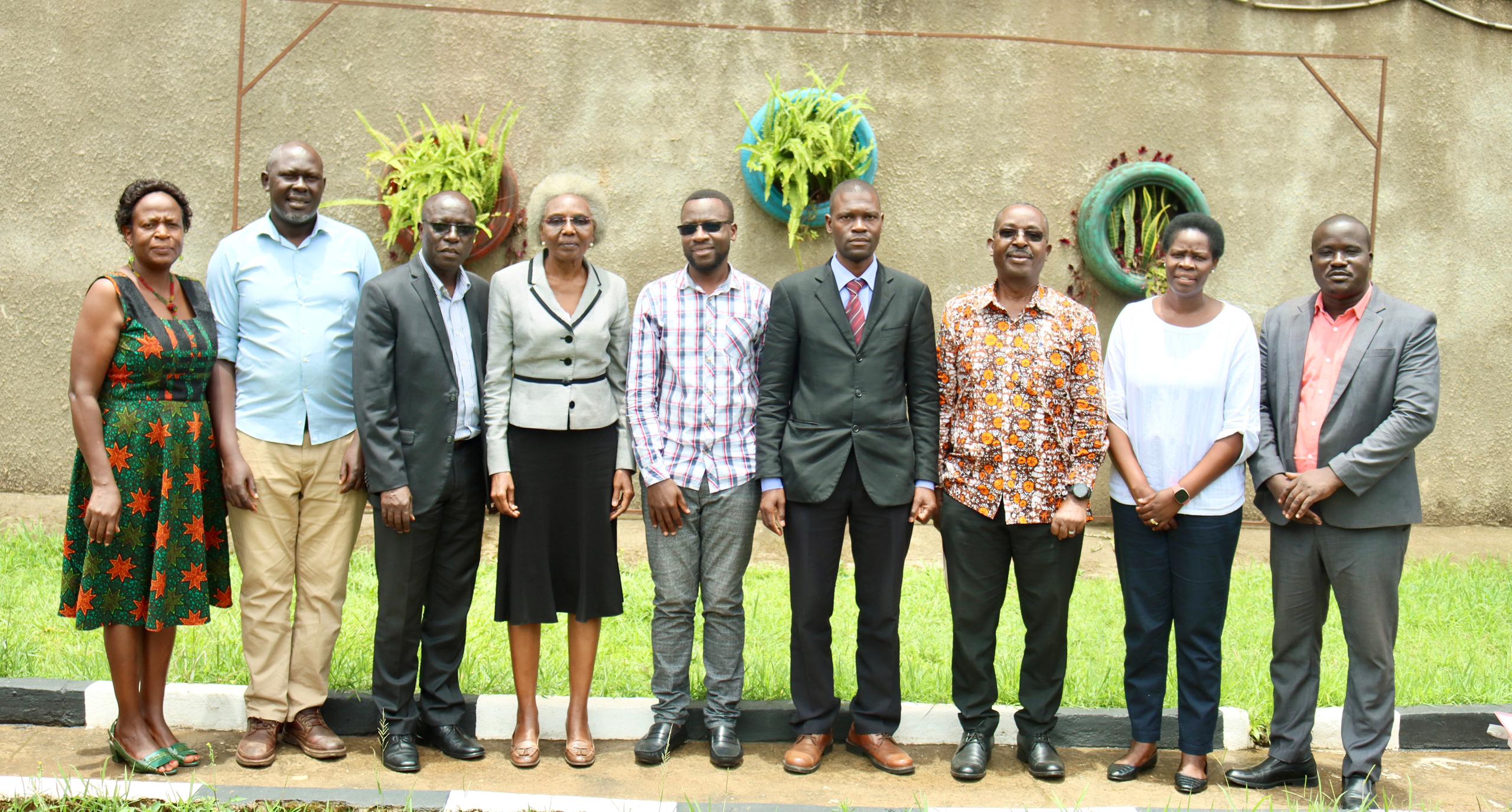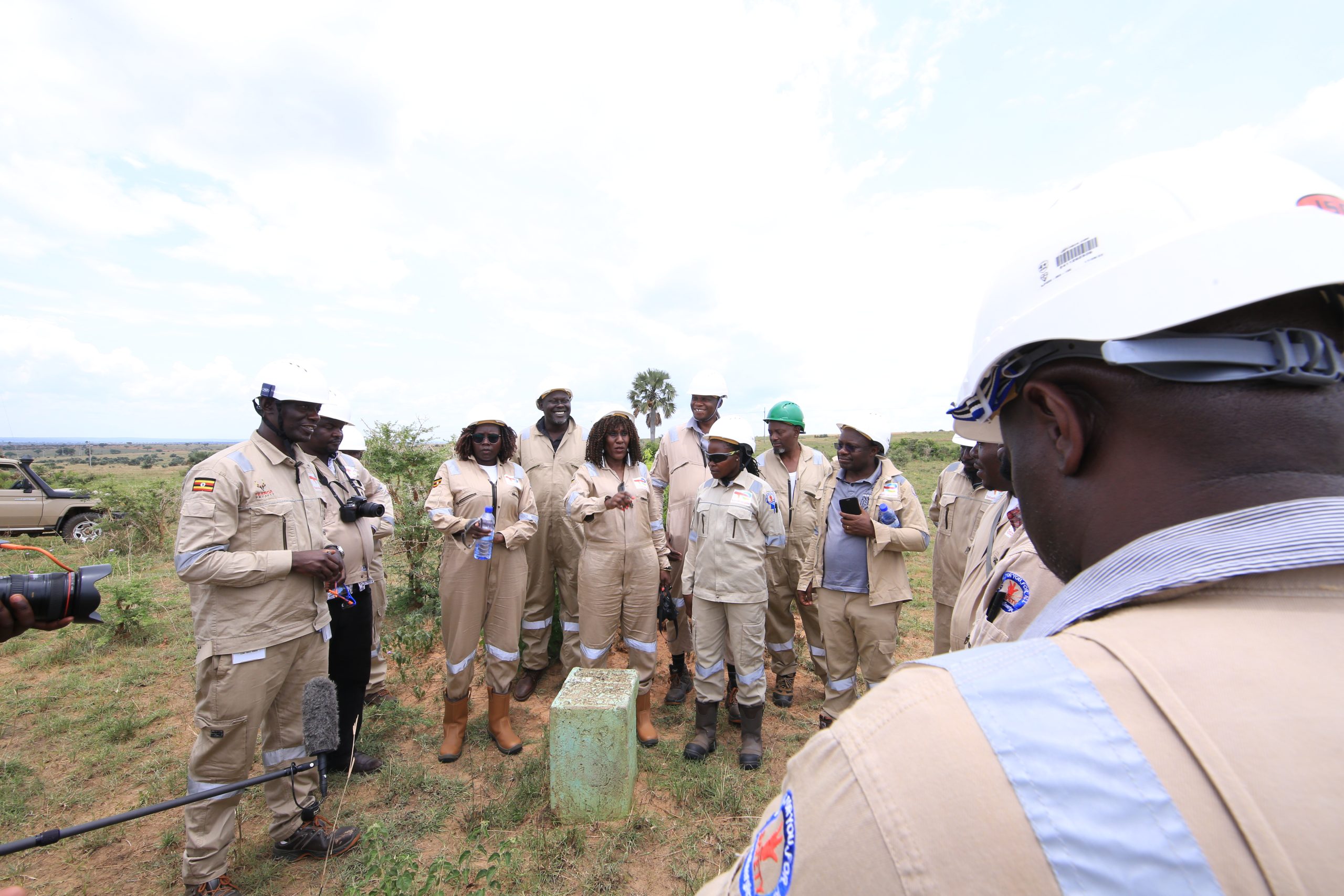Rwanda presents an opportunity for positive peer learning on how to fight corruption
“Rwanda presents an opportunity for positive peer learning on how to fight corruption”- new report points to political will being the key to unlocking the corruption scourge.
This report, the Effectiveness of Anti-Corruption Agencies in East Africa, Rwanda was launched on 14th June 2017 at Serena Hotel, Kigali. Notably present at the launch were the Chief Ombudsman of Rwanda, Mrs Cyanzayire Aloysia; Chairperson of the AUABC, Hon Daniel Batidam; and the Chairperson of Transparency International, Mrs Ingabire M Immaculee. Also present were representatives from Open Society Foundation, the EU, several ministries and members of civil society.
Kigali, June 20, 2017- Rwanda can point the way for others to follow in their demand for public accountability and fight public corruption, tackle abuse of state resources, and financial mismanagement. In a rare state of affairs, where good news on the most pressing challenge that Africa faces, tackling corruption, is scarce, a new report reveals impressive data and information on how one country- Rwanda is confronting and winning the fight against corruption. The country moved 52 places over an eight year period to becoming the 50th least corrupt country in the world, and third least corrupt in Africa, falling behind Botswana in the Southern Africa region at number one and Cape Verde in West Africa at number two) in 2016. Rwanda leads the pack in Eastern Africa as the least corrupt country.
The study, highlights Rwanda’s strategy of legislating laws that are focused on elevating transparency. In all, the country passed 11 laws that deal with corruption, and also established an agency with sweeping and a wide mandate to assess assets of public officials, investigate, arrest, prosecute, and seize the assets of corrupt officials. The office of the Ombudsman, which is the agency at the helm of tackling corruption has managed to secure almost 100% asset declaration rate by public servants, something that is mandated by law, a commendable achievement given the challenges of securing and triggering accountability mechanism in a region where transparency is a major challenge.
“Our drive to ensure that the cost of corruption remains high is our determination to stopping the practice even before it starts; we are aided by a strong mandate and strengthened by the support of government, and the Rwandan citizens to deploy this mandate,” said Aloysie Cyanzatire Rwanda’s Chief Ombudsman.
The report also shows how Rwanda was able to heighten the cost of corruption by introducing a naming and shaming policy through the publication and wide distribution of the list of convicted persons to various media outlets, and government websites. These convicted persons are also banned from holding public office, and are often blacklisted from engaging in procurement practices, and other activities in the private sector, as well as from running for public office.
“The demand for public accountability in Rwanda is high, and so is the culture of probity in public service, which has been a successful method of preventing corruption- and these are factors of deterrence that are very effective,” said Marie Immaculée Ingabire, Chairperson of Transparency-Rwanda.
Although the track record of the Office of the Ombudsman remains impressive, the study points to areas of improvement, by calling for an amendment in the penal code, which fails to classify embezzlement as a crime, punishable under the anti-corruption legislation. It calls on the government to amendment the law and rectify the anomaly. The report also states that if the fight against corruption is to be further strengthened, government must either allocate more resources to the office of the Ombudsman, or consider reducing gits mandate to enable it to cope with its wide responsibilities.
The report, which is part of a regional series (Rwanda is the only standalone report) focuses on: the state of corruption at the national level; civil society, media and donor engagement; commitment to international conventions on corruption; legal frameworks; the Office of the Ombudsman’s performance. It also makes recommendations for reforms.
About the Authors:
Albert Kavatiri Rwego –Is the Transparency Rwanda Programme Manager. He holds a degree in Demography and Population studies from Wits University, South Africa. He oversaw the research for this publications.
Apollinaire Mupiganyi- Is the Executive Director of transparency Rwanda. He has a degree in management and a post graduate diploma in international projects management from Switzerland Universities. He is the main research expert in the use of qualitative and quantitative methodologies with a focus on accountability tools.
Transparency Rwanda is a non-profit making organisation, dedicated to fight corruption and related offenses as well as promoting good governance. Contribute to fighting against corruption and promoting good governance through enhancing integrity in the Rwanda society. Zero tolerance to corruption in the Rwandan society.
Who:
AfriMAP, the Africa Governance Monitoring and Advocacy Project, is part of the African Regional Office of the Open Society Foundation, and works with national civil society organizations to conduct systematic audits of government performance in Elections Management and Combating Corruption. It also does advocacy work and supports civil society better engage with regional and continental Pan African institutions through the following thematic areas: Citizenship and the Right to a Nationality; International Justice; Natural Resource Governance; and Food Security.
OSIEA, The Open Society Initiative for Eastern Africa promotes public participation in democratic governance, the rule of law, and respect for human rights by awarding grants, developing programs, and bringing together diverse civil society leaders and groups. The initiative supports work in Kenya, Tanzania, Uganda, and Sudan and South Sudan as well as regional organizations whose mandate encompasses eastern Africa.
www.soros.org/initiatives/osisea
Why:
Support to state institutions that have the mandate, authority and expectation to address corruption has been lacking generally. Anti-corruption agencies continue to operate with limited mandates, budgets, independence and capacity. Parliamentary oversight remains elusive, as overreaching and overbearing executives dominate decision and appointment making of high level officials to anti-graft institutions, regulatory agencies, the judiciary, and other public and private institutions designed to defend and promote good governance and democratic practice. This report aims to engage civil society stakeholders mainly in the Eastern African region, and African civil society more generally, on the need for reforms of Anti-Corruption Agencies. There is need for legislative policy reforms that conform to continental frameworks and normative standards, which speak to the establishments of independent and effective Anti-Corruption Agencies.
For more information please contact:
In Johannesburg, Jeggan Grey Johnson – Mobile+ 27 836 200578- email: jeggangj@osisa.org
In Kigali, Apollinaire Mupiganyi- Mobile +250 788 309563- email: amupiganyi@tirwanda.org



